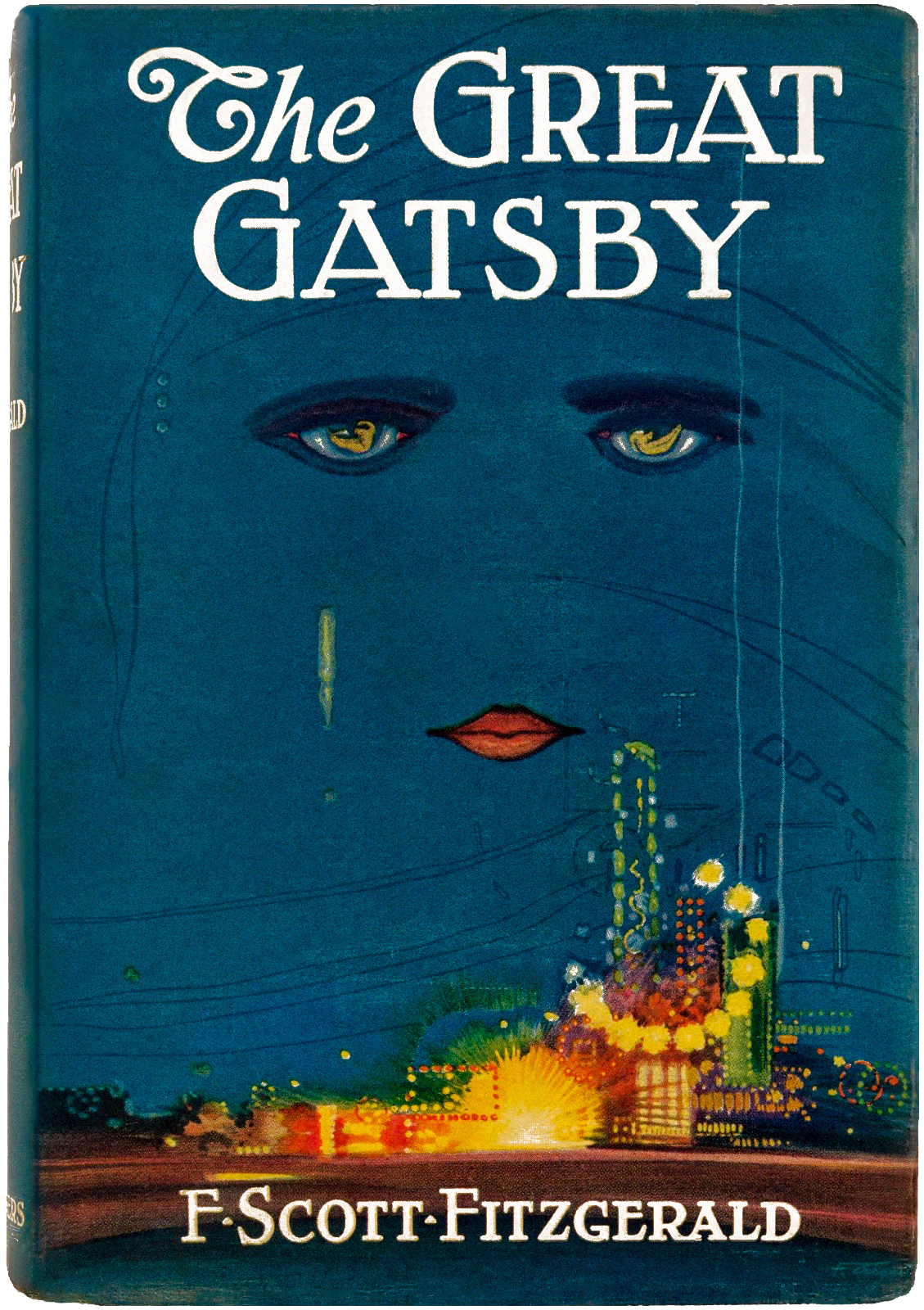
The Open Society
Karl Popper
The so-called paradox of freedom is the argument that freedom in the sense of absence of any constraining control must lead to very great restraint, since it makes the bully free to enslave the meek. The idea is, in a slightly different form, and with very different tendency, clearly expressed in Plato. Less well known is the paradox of tolerance: Unlimited tolerance must lead to the disappearance of tolerance. If we extend unlimited tolerance even to those who are intolerant, if we are not prepared to defend a tolerant society against the onslaught of the intolerant, then the tolerant will be destroyed, and tolerance with them. — In this formulation, I do not imply, for instance, that we should always suppress the utterance of intolerant philosophies; as long as we can counter them by rational argument and keep them in check by public opinion, suppression would certainly be unwise. But we should claim the right to suppress them if necessary even by force; for it may easily turn out that they are not prepared to meet us on the level of rational argument, but begin by denouncing all argument; they may forbid their followers to listen to rational argument, because it is deceptive, and teach them to answer arguments by the use of their fists or pistols. We should therefore claim, in the name of tolerance, the right not to tolerate the intolerant. We should claim that any movement preaching intolerance places itself outside the law, and we should consider incitement to intolerance and persecution as criminal, in the same way as we should consider incitement to murder, or to kidnapping, or to the revival of the slave trade, as criminal.
We must plan for freedom, and not only for security, if for no other reason than only freedom can make security more secure.
But the secret of intellectual excellence is the spirit of criticism ; it is intellectual independence. And this leads to difficulties which must prove insurmountable for any kind of authoritarianism. The authoritarian will in general select those who obey, who believe, who respond to his influence. But in doing so, he is bound to select mediocrities. For he excludes those who revolt, who doubt, who dare to resist his influence. Never can an authority admit that the intellectually courageous, i.e. those who dare to defy his authority, may be the most valuable type. Of course, the authorities will always remain convinced of their ability to detect initiative. But what they mean by this is only a quick grasp of their intentions, and they will remain for ever incapable of seeing the difference.
Popper was born in 1902 to a Viennese family of Jewish origin. He taught in Austria until 1937, when he emigrated to New Zealand in anticipation of the Nazi annexation of Austria the following year, and he settled in England in 1949. Before the annexation, Popper had written mainly about the philosophy of science, but from 1938 until the end of the Second World War he focused his energies on political philosophy, seeking to diagnose the intellectual origins of German and Soviet totalitarianism. The Open Society and Its Enemies was the result. In the book, Popper condemned Plato, Marx, and Hegel as 'holists' and 'historicists' --a holist, according to Popper, believes that individuals are formed entirely by their social groups; historicists believe that social groups evolve according to internal principles that it is the intellectual's task to uncover. Popper, by contrast, held that social affairs are unpredictable, and argued vehemently against social engineering. He also sought to shift the focus of political philosophy away from questions about who ought to rule toward questions about how to minimize the damage done by the powerful. The book was an immediate sensation, and--though it has long been criticized for its portrayals of Plato, Marx, and Hegel--it has remained a landmark on the left and right alike for its defense of freedom and the spirit of critical inquiry.
Advertisement
More Interesting Books

How to Win Friends and Influence People

Alice’s Adventures in Wonderland & Through the Looking-Glass

The Hobbit

Orientalism

Fahrenheit 451

It Ends with Us

War and Peace

The Trial

A Brief History of Time

The Double Helix: A Personal Account of the Discovery of the Structure of DNA
Advertisement









